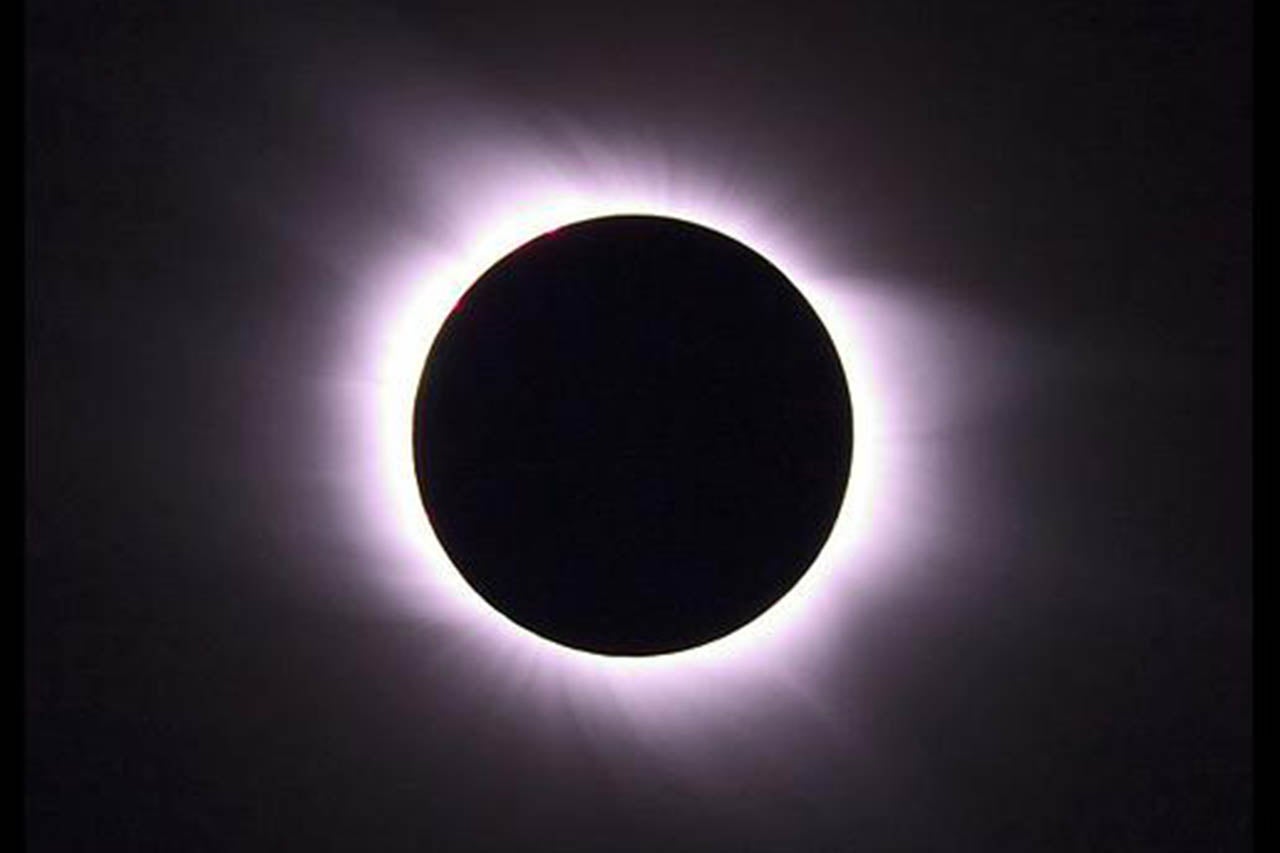For many, next week’s solar eclipse will be a once-in-a-lifetime event. But for some lucky College of Charleston alumni, it could be a second time they’ve seen the moon blot out the sun. One of those alums — Ed Kovesdy ’72 — remembers in vivid detail when the moon darkened the sun on March 7, 1970.
I remember the 1970 eclipse.
I was a student at The College the last time Charleston went dark, on Saturday, March 7, 1970. It was a nice, clear day with the temperature in the low 60s. The College was in its second year of expansion as it went from about 550 students my freshman year to about 650 in 1969-70, my sophomore year. I lived on campus at Craig Hall on St Phillips Street and was really enjoying my school year.
There was a lot of publicity about the eclipse — though not nearly the amount there has been for this year’s eclipse. There were plenty of warnings about looking directly at the sun, but there were no special eclipse glasses like now. I figured two pairs of sunglasses would protect me, as I did not want to miss this once-in-a-lifetime (or so I thought) sight.
I had a busy morning that Saturday. No, I didn’t have any classes, but I had tennis practice that morning. Coach Billy Silcox held me to a slightly higher standard as I was first singles and he liked me to be the first to show up at practice and the last one to leave. It wasn’t a long walk from campus to the College tennis courts behind the gym at George and Meeting streets.
Practice ended around noon, just as the eclipse first started. You couldn’t notice any difference for a quite a while, but I kept looking. I made it to the corner of King and George streets and went into Barton’s Candy store. I worked there on Saturday afternoons, but this particular Saturday I would be outside the store more than inside it.
As it approached 1 p.m., the sun was about 50 percent covered by the moon. I could see it clearly with my double-layer sun glasses. It was still pretty bright outside, which surprised me. By 1:15 p.m. it was obvious that something was happening; the sun was about 85 percent blocked by the moon. Things were beginning to get a little bit eerie. At 1:20 p.m. it was noticeably darker as about 95 percent of the sun was gone.
It was a sight beyond my wildest imagination. It sent chills down my spine.
Then, at 1:25 p.m., as I stood on the corner of King and George streets, looking up and towards the downtown, the eclipse was full. WOW! It was dark, not like night, but like 30 or 45 minutes after sunset. It got a bit cooler, too. After all, there was no sun.
I then did what they all said not to — I took off my sunglasses and looked at a total solar eclipse. It was amazing. It was a sight beyond my wildest imagination. It sent chills down my spine. It was the middle of the day and someone took the sun out of the sky and replaced it with this dark disk.
I tried to imagine what primitive civilizations must have thought when the sun vanished. I thought of the song “Sun in the Morning and the Moon at Night.” Well, no sun in Charleston today. There was also a sense of a quiet peace that came over the area. It only lasted a minute or two when a bright spike of light came out of the edge of the disk. It grew and it lightened up as more of the sun appeared. Then, out of the silence, came the sounds of the birds. I guess to the birds it was sunrise and every bird was singing at the tops of their voices. I stood there for a few minutes, with my “double” sunglasses back on until the sun was just too bright.
I thought about what I had just witnessed. It was something that I actually felt as well as observed. I know that sounds strange, but it really happened. Viewing that eclipse in Charleston was one of the most amazing things I have ever seen in my life. They say that it’s a once-in-a-lifetime event, but 47 years later, I’ll be in Charleston to see another one. My wife and I will probably be on the water fishing for redfish at the time. Here’s hoping for a clear day.
—Ed Kovesdy ’72






